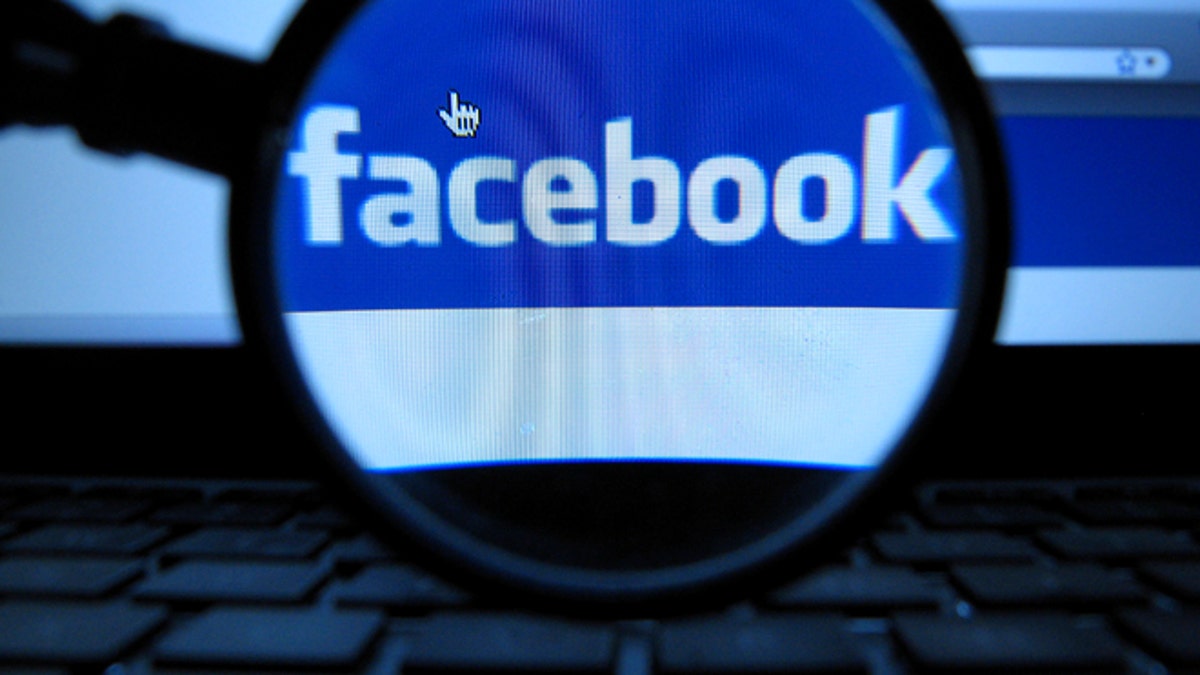
Facebook is proposing to end its practice of letting users vote on changes to its privacy policies, though it will continue to let users comment on proposed updates. (AP Photo/dapd, Joerg Koch)
Recently, a bogus "Copyright Protection Declaration" has been making the rounds on Facebook.
On the site's Governance page alone, thousands of users have cut-and-pasted the declaration that claims they own their photos and other content on Facebook (and that the social network does not).
It is likely a response to an email that Facebook sent to its more than 1 billion users on Nov. 21 alerting them to upcoming policy changes that will have little effect on users, other than to remind them that no information they provide on Facebook is really private.
While no changes have been made to Facebook's rights to your content, and indeed, your rights are protected by copyright law, Facebook spokesman Andrew Noyes issued the following statement to help quell users' fears: "… when you post things like photos to Facebook, we do not own them." The changes to Facebook's Statement of Rights and Responsibilities and its Data Use Policy address user input on proposed changes and privacy guidelines.
These policy changes will go into effect after a comment period closes this Wednesday (Nov. 28) at 9 a.m. PT. Assuming Facebook doesn't make big changes based on the comments, here is what you can expect.
Not a lot of privacy on Facebook
Little has changed in terms of Facebook's Data Use Policy, but reading through the revisions should remind users that there's not much privacy on Facebook. The changes also address issues around promoting a business and providing input on the site's policies.
Facebook spelled out the types of topics that will be shared with advertisers as interests when users like a page, including products and brands they like, religion, political views and health status. For instance, if Facebook users join a group that offers support for herpes or other health conditions, they are likely to see ads from pharmacuetical companies that offer remedies. The sharing of data is not new, but Facebook is adding details to prevent its users from being surprised by ads coinciding with their demographic information that might seem intrusive. (Advertisers do not receive personally identifiable information, however.)
When you delete an item from your Timeline, it may remain visible to others who saw it in the past. "Anyone in the audience of those posts or who can see a connection may still see it elsewhere, like on someone else’s timeline or in search results," Facebook's addition reads.
After an account has been closed for violating the terms of service, Facebook will retain the records for at least a year. The 90-day limit for keeping a user's account information after an account is deleted remains unchanged.
If you invite a friend to join Facebook by making a request on the site, Facebook can pelt your friends with unlimited reminders to join. Previously, reminders were limited to two. So you might want to ask your friends yourself, in an email or in person, rather than sending invites in Facebook. [See also: How Friends Undermine Your Social-Media Privacy ]
Personal Timelines may not be primarily used for promoting a user's business or product. Instead, members must use Facebook Pages, which are designed for business.
Facebook has eliminated voting on proposed policy changes by users, a method that hasn't worked in the past. In the last round of policy changes , users submitted thousands of gripes about Timeline and other issues that were never up for discussion, instead of commenting on the proposed changes. Going forward, any changes will be open for comment for seven days before they can be put into effect. Facebook is not obligated to make changes based on user feedback.
Once the current comment period is over, the company will host a Facebook Live event when Erin Egan, Facebook's chief privacy officer, will respond to comments.
- 10 Things That Aren’t Like Facebook
- How to Zap Photos from Facebook's New Couple Pages
- 10 Most Embarrassing Company Tweets
Copyright 2012 TechNewsDaily, a TechMediaNetwork company. All rights reserved. This material may not be published, broadcast, rewritten or redistributed.








































